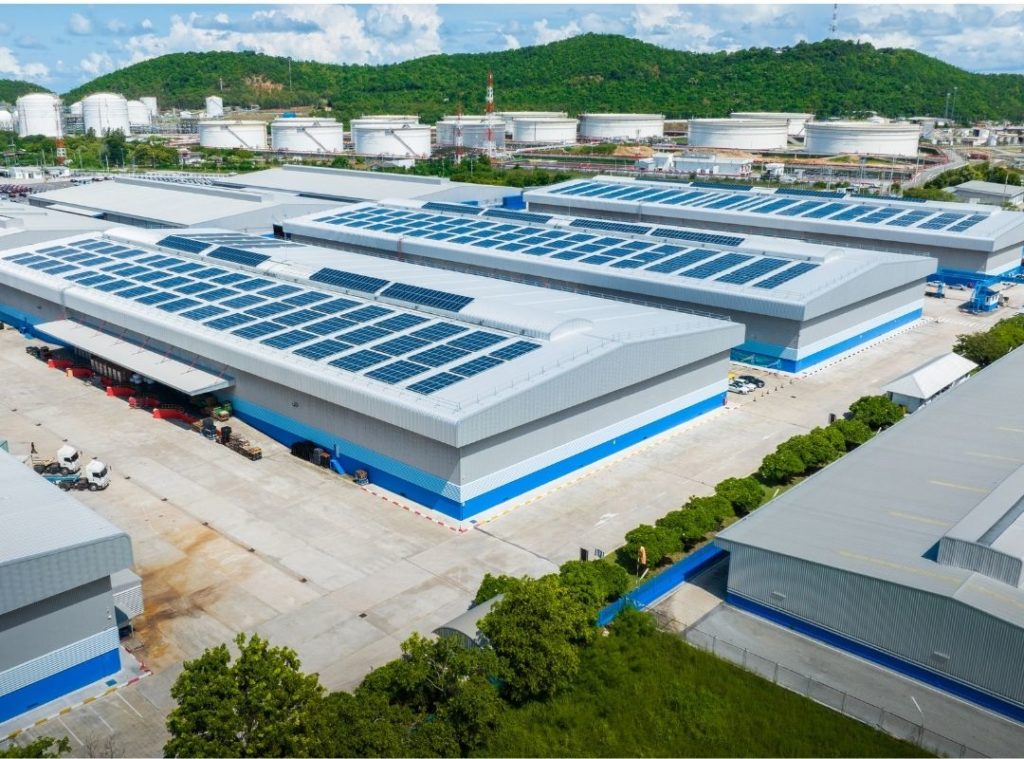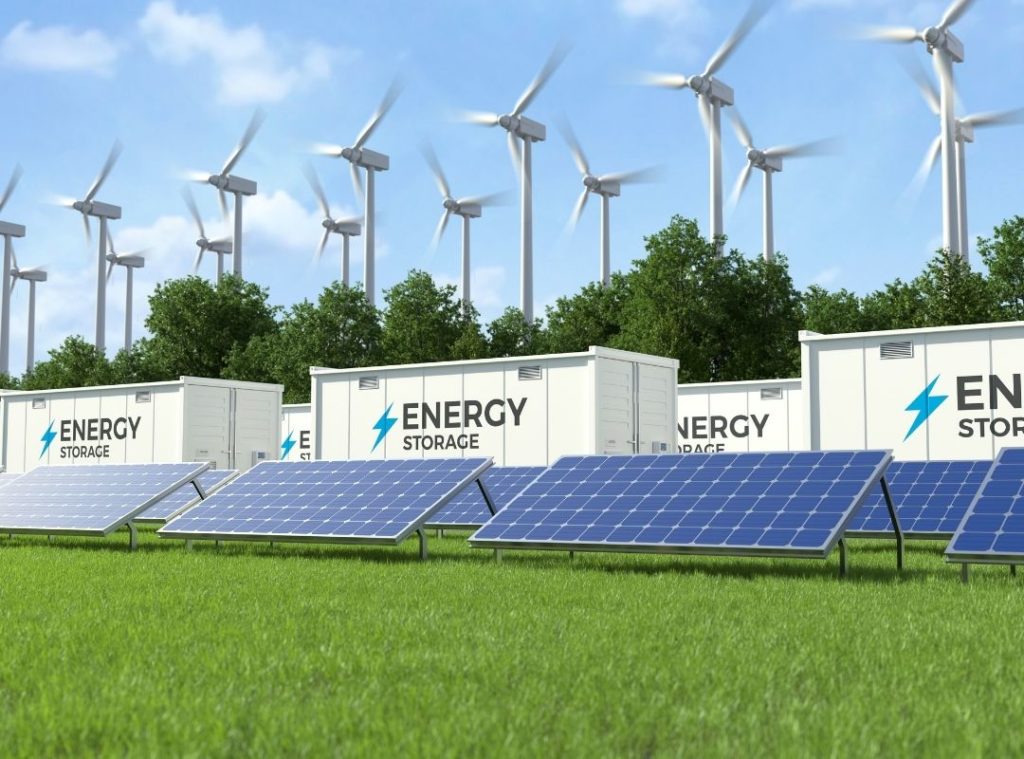The landscape of global energy is experiencing a paradigm shift, steering away from traditional fossil fuels and embracing renewable energy sources, with solar power leading the charge. This transition isn’t just a fad—it’s a response to the growing need for sustainable resources, eco-friendly business practices, and energy independence. As businesses worldwide acknowledge this shift, commercial solar energy systems are becoming an increasingly common sight in various industries. This article delves into the multifaceted advantages of commercial solar energy systems, illustrating why they are an investment worth considering for businesses today.
Understanding Solar Energy
Solar energy harnesses the sun’s power, translating it into electricity that can fuel every operation, big or small. The process begins with solar panels, which contain cells that capture sunlight. These cells use the photovoltaic (PV) effect to convert solar radiation into direct current (DC) electricity, which an inverter then transforms into the alternating current (AC) electricity to power businesses.
Commercial solar installations come in various forms, tailored to a company’s needs:
- On-grid systems are tied to the public electricity grid, allowing excess power to be fed back into the grid.
- Off-grid systems operate independently, often paired with storage solutions to provide uninterrupted power.
- Hybrid systems combine solar power with other energy sources or storage methods, ensuring reliability and efficiency.
Economic Advantages
Investing in a solar energy system can significantly impact a company’s finances, contributing to its economic well-being in several ways.
Firstly, solar power can substantially reduce operating costs. Although installing a solar system requires upfront investment, the reduction in electricity bills means businesses can recoup expenses and eventually save considerable money over the system’s lifespan.
Additionally, numerous government initiatives support solar adoption. The federal investment tax credit (ITC), for example, allows businesses to deduct a percentage of their solar costs from their taxes. Many local governments also offer incentives, making solar power even more financially attractive.
Solar installations can also increase commercial property values. Studies have consistently shown properties with solar systems command higher sale prices than those without. This market perception is driven by the property’s reduced operating costs and its alignment with modern, eco-friendly standards.
Lastly, solar power offers protection against rising energy prices. With electricity costs historically trending upwards, solar energy serves as a cost-effective solution, locking in energy expenses and providing long-term financial security.

Environmental Benefits
The environmental implications of traditional energy sources, characterized by carbon emissions and ecological degradation, have sparked global concern. Here, solar energy presents a compelling alternative.
Commercial solar power systems substantially reduce a business’s carbon footprint. Unlike conventional energy sources, solar power emits no greenhouse gases, leading to cleaner air and a healthier environment. By adopting solar energy, companies directly contribute to a substantial decrease in global carbon emissions, bolstering their reputation as responsible stewards of the environment.
Furthermore, solar energy is a cornerstone in combating the broader climate crisis. By reducing dependence on fossil fuels, companies contribute to global efforts aimed at mitigating the adverse effects of climate change.
Another often overlooked aspect is solar energy’s minimal water usage. Traditional electricity generation consumes vast amounts of water, straining this precious resource. In contrast, solar energy production requires no water, preserving the resource for essential human, agricultural, and ecological needs.
Social and Corporate Responsibility
Going solar isn’t just an environmental or economic choice; it’s a statement about a company’s values and its role in the community.
Companies that adopt sustainable practices enhance their brand image and reputation. Consumers are increasingly conscious of the environmental impact of their purchases, often favoring businesses committed to eco-friendly practices. Several high-profile cases show that a positive public perception, driven by responsible practices, can lead to increased customer loyalty and market share.
Moreover, the current investment climate is favorable for green initiatives. Investors are more likely to fund companies that show potential for sustainability and growth, with solar energy being a significant indicator. This trend towards responsible investing means that adopting solar power could influence investors’ perceptions and decisions.
Employees, too, take pride in working for companies that care about the environment. A demonstrated commitment to sustainability can attract talent, enhance team morale, and increase employee retention rates. In the modern workplace, corporate environmental responsibility is not just appreciated; it’s expected.

Reliability and Energy Independence
Solar energy systems offer remarkable reliability and contribute to a business’s energy independence. Due to technological advances, solar installations are incredibly durable, designed to withstand various conditions and provide uninterrupted power for decades.
Moreover, energy security is a growing concern for many businesses. Relying on external suppliers, especially those subject to international geopolitical issues, can pose risks. Solar energy systems allow companies to produce their power, reducing dependence on the grid and insulating operations from supply chain disruptions and price volatility.
The advent of advanced solar storage solutions has revolutionized solar energy utility. Modern batteries can store excess solar power generated during the day for use at night or during peak demand periods, maximizing a system’s effectiveness and providing additional security and independence.
Future Outlook
The future is bright for solar energy within the evolving energy landscape. Continued technological innovations and an increasing shift away from fossil fuels predict an even more dominant role for solar power in global energy markets.
Early adoption of solar energy systems positions companies advantageously for this shift. It prepares them for potential regulatory changes favoring renewable energy and sets a standard in industries still reliant on traditional energy sources.
In summary, commercial solar energy systems present a plethora of advantages spanning economic savings, environmental benefits, and social responsibility. The transition to solar energy is not merely a step towards sustainable operations but a stride towards a business’s robust, independent, and resilient future in a globally conscious market.
Companies interested in exploring solar options should not delay, as the advantages compound over time and the market continues to evolve rapidly. To navigate this transition seamlessly, reaching out to a trusted solar energy company is crucial. One such company, Advosy Energy, has established itself as a reliable partner in commercial solar installations. With a reputation for understanding each business’s unique needs and providing tailored, high-quality solar solutions, Advosy Energy stands ready to help your business harness the sun’s power for a brighter, greener future. Contact Advosy Energy to find out how solar energy can revolutionize your business today.

